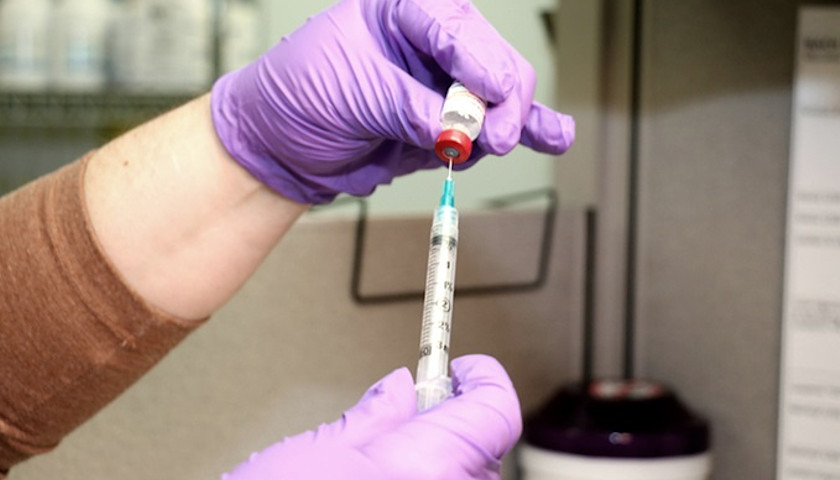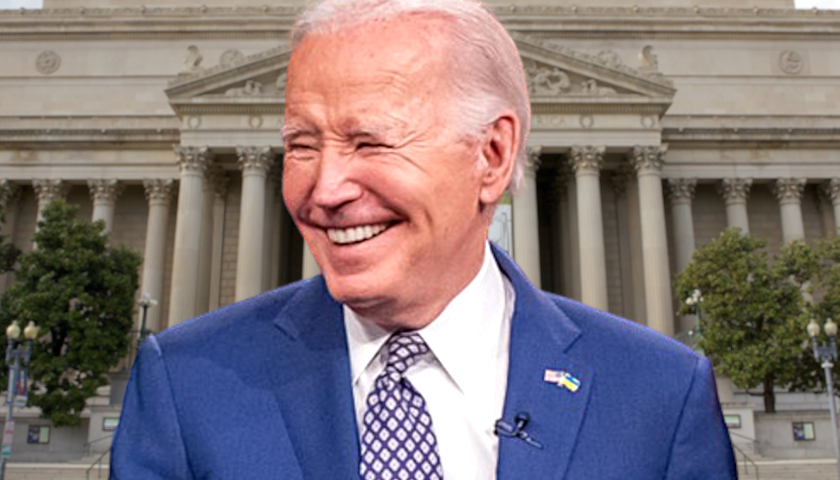The Ohio Pharmacy Board (OPB) implemented – then quickly reversed – a ban on the use of hydroxychloroquine Thursday. The move followed a revocation of the emergency use authorization by the FDA earlier this month. Previously, President Trump said the decades-old drug could be used as a preventative treatment for a deadly symptom of the disease that causes the lungs to lose function.

As of today, a new rule is set to go into effect regarding the drug, hydroxychloroquine. The OPB published a memo on the rule change stating “in general, the rule prohibits the use of hydroxychloroquine and chloroquine for the treatment or prevention of COVID-19.”
However, seemingly due to urging by Governor Mike Dewine, the pharmacy board reversed it’s decision, and took down the prior memo and replacing it with an updated version.
The new memo says:
As a result of the feedback received by the medical and patient community and at the request of Governor DeWine, the State of Ohio Board of Pharmacy has withdrawn proposed rule 4729:5-5-21 of the Administrative Code. Therefore, prohibitions on the prescribing of chloroquine and hydroxychloroquine in Ohio for the treatment of COVID-19 will not take effect at this time.
This will allow the Board to reexamine the issue with the assistance of the State Medical Board of Ohio, clinical experts, and other stakeholders to determine appropriate next steps.
Licensees should be aware that emergency rule 4729-5-30.2 is no longer effective and the requirements of that rule, including the inclusion of a diagnosis code on any prescription for chloroquine and hydroxychloroquine, are no longer applicable.
The drug, classified as an “anti-malarial” has been regularly used to treat inflammation due to illnesses such as Lupus and rheumatoid arthritis. In a statement on their website, the FDA explains that they “revoked the emergency use authorization (EUA)” after “these medicines showed no benefit for decreasing the likelihood of death or speeding recovery.” And that these findings were “consistent with other new data, including those showing the suggested dosing for these medicines are unlikely to kill or inhibit the virus that causes COVID-19.”
– – –
Ben Kolodny is a reporter at The Ohio Star and the Star News Network. You can follow Ben on Twitter. Tips can be sent to [email protected].





